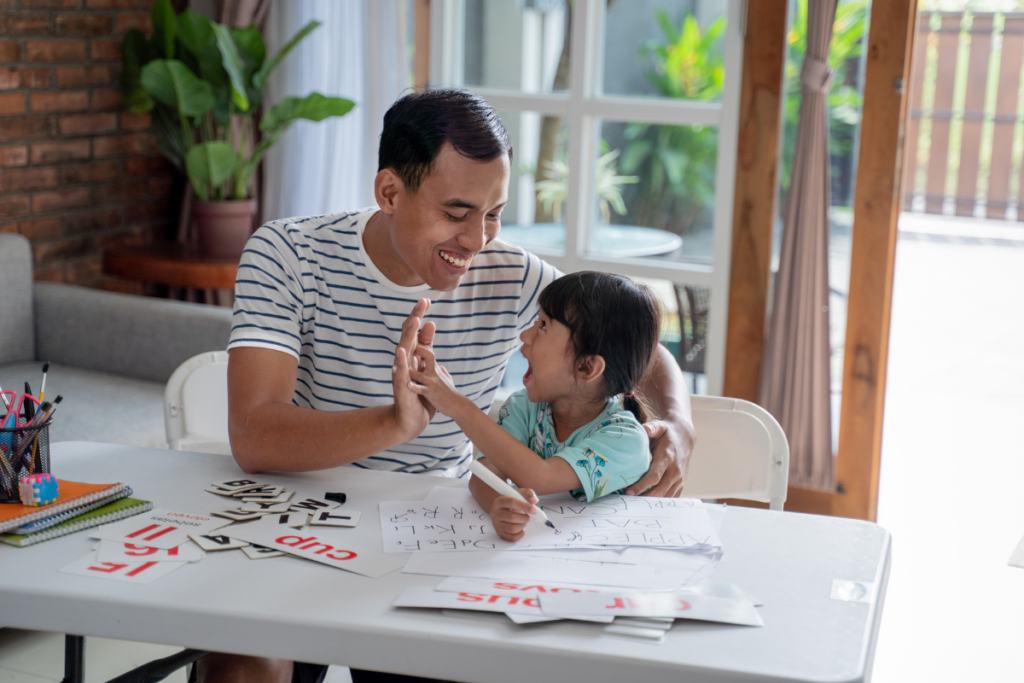Written by Jodi
This past year has seen a large number of students transitioning from the public arena to the home classroom. Many have done so out of necessity, as the COVID-19 pandemic forced prolonged school closures, and others have chosen to forge this path on their own. Regardless of your promptings, we’re here to encourage you along the journey!
Types of Homeschooling
First, did you know there are many different ways to homeschool your children? Yep! I, personally, am an unschooler (a what?!), but I’ll get to that in a moment. I have been homeschooling my children since 2000. One has graduated, is happily married, and has a successful career in kitchen design. The other two are in high school and are too quickly marching toward similar independence. We worked with several popular methods over the years before finding our niche. I suggest you experiment a little to find what works best for your family too.
Below are a few of the most common homeschooling methods. There are many others!
1) Classical approach: Teaching children how to learn for themselves by introducing the five tools of learning (known as the Trivium)—Reason, Record, Research, Relate and Rhetoric.

2) Traditional homeschooling: Utilizing a set curriculum, tweaking a set curriculum to customize it to your children’s needs, or piecing together your own curriculum, and working within a (relatively) set schedule and timeframe each day for a specified calendar term.
3) Unschooling: Teaching children based on their interests rather than by utilizing a set curriculum. The children’s passions, talents, and personal goals influence what they study.
4) Roadschooling: Taking your preferred method of instruction on the road. These families travel and learn as they go, often living in an RV. The world is their classroom!
5) Online or virtual school: Utilizing the public school curriculum in the comfort of your own home. The public school district regulates attendance and assignments and also keeps records.
6) Distance learning: Using a set curriculum from an established school, often a private school. The overseeing school sets the schedule, assigns work, and keeps records for you, but you have the flexibility to work at your children’s pace and customize the work as needed.
7) Umbrella school: Registering with an established school, often a private school, having the option to use some of their materials in your curriculum or none at all while letting them keep your records for you. You maintain complete control over your schedule.
As I mentioned, I am an unschooler, and that’s what we’ll explore today!
We began homeschooling in the year 2000, when my oldest child started Kindergarten. The concept, although not new, was certainly novel to me. In our first few months, we “did school at home.” Why is that in quotes? Well, because we didn’t homeschool; we made home look like the schoolroom. That’s not necessarily bad, but it is definitely not necessary. The joy of homeschooling is catering to your child’s educational needs and abilities. If we simply mimic what we’ve determined to leave behind (whatever school system you’ve chosen not to abide by), we’re not really doing things differently. We’re just doing them in a different location. We quickly found out we don’t have to be up at a certain time, classes don’t have to run by a timer, and we don’t even have to get through everything each day. We found that our school worked best when it worked for us and with us, and not when we worked for it.
After some time, we noticed that the most work was accomplished when the children took interest in the subject matter. As they got older, these interests turned to passions, and now, they are becoming life pursuits.
So how is this accomplished?

Children learn naturally. I have often noted that even on our worst days, the ones that seemed least productive, my kids learned something. That’s because they’re curious; they naturally want to know things and better understand their world. With unschooling, parents facilitate this learning with real-world support. Parent-instructors don’t force required readings, don’t enforce lengthy studies, don’t stack textbook upon textbook. In fact, unschooling parents think outside the textbook! Learn plant anatomy by pulling weeds. Practice fractions and learn chemistry by cooking and baking. Discover biology with a fishing pole, architecture in the wood shop, economics with an etsy store. Many of my kids’ skills have been self-directed, and the knowledge has been more deeply absorbed, because it was something they wanted to know and not just something somebody said they should do.
The unschooler’s mantra may be similar to Cinderella’s (from the live-action movie), “Just because it’s what’s done doesn’t mean it’s what should be done.” Just because public school looks a certain way (or private school or traditional homeschooling or whatever familiar style you want to plug in here), doesn’t mean it’s what has to be done by everyone. Unschooling allows freedom to be creative! By providing rich experiences such as hiking a nature preserve, visiting theme parks, exploring hands-on museums, traveling, reading books aloud, crafting, allowing play time, and investigating possibilities that extend beyond curriculum, unschoolers have virtually unlimited resources to help them pursue their passions.
Do keep in mind that unschooling does not mean turning your kids loose to do whatever they please! Unschooling parents teach, direct, and instruct, and they enjoy the wonder of the world alongside their children, providing loving guidance along the way.
Are you an unschooler? Do you have questions about unschooling? Would you like to know more about other homeschooling options? Let us know in the comments below!
